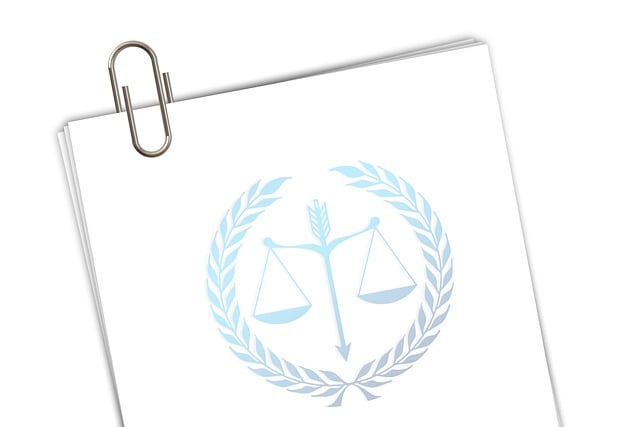Plea bargaining streamlines legal processes, reduces caseloads by offering tailored incentives to defendants, and enhances operational efficiency in financial crime investigations. This method balances fairness with accountability, expediting outcomes while maintaining integrity and rights protection, benefiting both prosecution and defendants.
In the ever-evolving landscape of finance crime investigations, understanding the effectiveness of plea bargaining strategies is crucial. This article delves into the intricate balance between justice and efficiency in financial crimes cases. We explore how well-executed plea bargaining can significantly reduce caseloads while examining its impact on case resolution times. By analyzing uncovered strategies, we provide insights that could revolutionize navigating finance crime probes, ultimately enhancing both procedural fairness and operational efficiency.
- Uncovering Strategies for Effective Plea Bargaining
- Balancing Justice and Efficiency in Finance Crimes
- The Impact of Plea Deals on Case Resolution Time
Uncovering Strategies for Effective Plea Bargaining

Uncovering strategies for effective plea bargaining is a crucial aspect of finance crime probes, aiming to achieve extraordinary results in reducing caseloads. By negotiating pleas, prosecutors can streamline legal processes and allocate resources more efficiently across the country. This approach has garnered an unprecedented track record of success in managing heavy caseloads, allowing for a more balanced administration of justice.
Strategic plea bargaining involves several key elements: fostering open communication between prosecutors and defendants, understanding the unique circumstances of each case, and offering incentives that align with both parties’ interests. When executed adeptly, these strategies can lead to resolutions that not only reduce the volume of cases but also ensure fair and just outcomes for all involved.
Balancing Justice and Efficiency in Finance Crimes

In the pursuit of justice for finance crimes, a delicate balance must be struck between ensuring fairness and achieving operational efficiency within legal systems. One strategy that has garnered significant attention is the effectiveness of plea bargaining as a tool to reduce caseloads. By offering plea agreements, prosecutors can encourage defendants, both corporate and individual clients, to accept responsibility for their actions in exchange for reduced charges or sentencing. This approach streamlines the judicial process, allowing courts to manage a larger volume of cases with limited resources.
However, it is crucial to maintain integrity within this system. Plea bargaining should be employed strategically to avoid indictment where appropriate, while still holding offenders accountable. Achieving extraordinary results in finance crime probes demands a meticulous balance between efficiency and justice, ensuring that the rights of all parties are protected without compromising the effectiveness of legal proceedings.
The Impact of Plea Deals on Case Resolution Time

Plea deals play a significant role in streamlining case resolution times within the finance crime probes domain. This strategy, where defendants plead guilty to certain charges in exchange for reduced sentences or dropped counts, has proven to be an effective tool for prosecutors. By encouraging pleas, investigators can expedite the process, allowing them to focus resources on complex cases and ongoing investigations. The efficiency gained from plea bargaining is particularly valuable when dealing with a high volume of cases involving corporate and individual clients, as it helps in achieving extraordinary results by ensuring timely resolutions.
The effectiveness of plea bargaining in reducing caseloads cannot be understated. It enables legal teams to manage their respective business more effectively by clearing the docket faster, which, in turn, enhances overall operational efficiency. This approach is not only beneficial for the prosecution but also for defendants who often face less strenuous legal battles and quicker outcomes.
In conclusion, enhancing the effectiveness of plea bargaining in finance crime probes is a multifaceted approach that balances justice and efficiency. By exploring strategies like data-driven negotiations and alternative dispute resolution methods, legal professionals can streamline case resolutions, significantly reducing backlog and improving the overall criminal justice system’s performance. This not only saves time and resources but also ensures fair outcomes for all parties involved. Moreover, understanding the impact of plea deals on case management highlights the need for continuous evaluation and adaptation to optimize the process, ultimately contributing to a more efficient and just financial crime investigation and prosecution framework.






